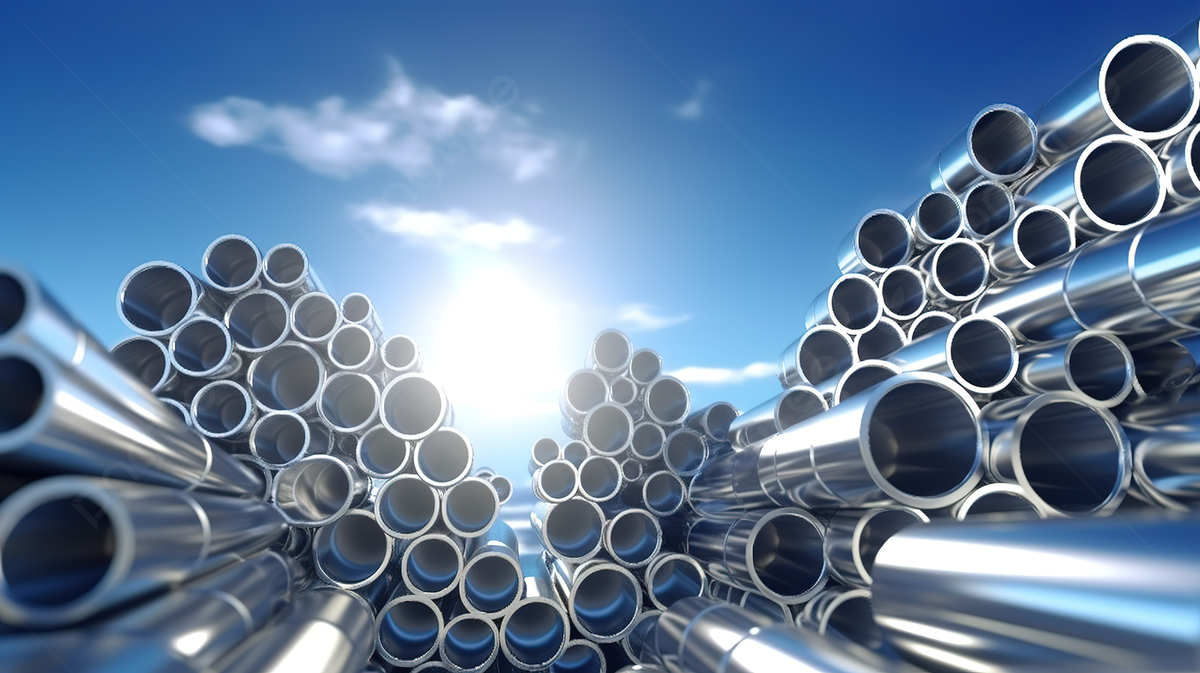
Steel pipes, crafted from the robust and resilient metal alloy known as steel, are hollow tubes extensively employed across a multitude of industries. Differing in size, configuration, and thickness, these steel pipes are tailored to various applications and are prevalent in construction, oil and gas, water supply and drainage, as well as transportation sectors.In terms of manufacturing, steel pipes can be classified into two prevalent types:
Seamless Steel Pipes: Forging from a solid steel billet, seamless steel pipes are shaped into a tube without any seams through a piercing and rolling process. Their reputation rests on their exceptional strength and durability, rendering them ideal for high-pressure applications.
Welded Steel Pipes: Formed by welding two or more steel plates or coils together, welded steel pipes are frequently utilized in situations where an elevated degree of precision and uniformity is not imperative.
Additionally, steel pipes can be categorized based on their cross-sectional configuration, with round, square, and rectangular shapes being the most prevalent.In essence, steel pipes stand as a versatile and enduring material, celebrated for their robustness, endurance, and resistance to corrosion, making them a pervasive choice across numerous industries.
